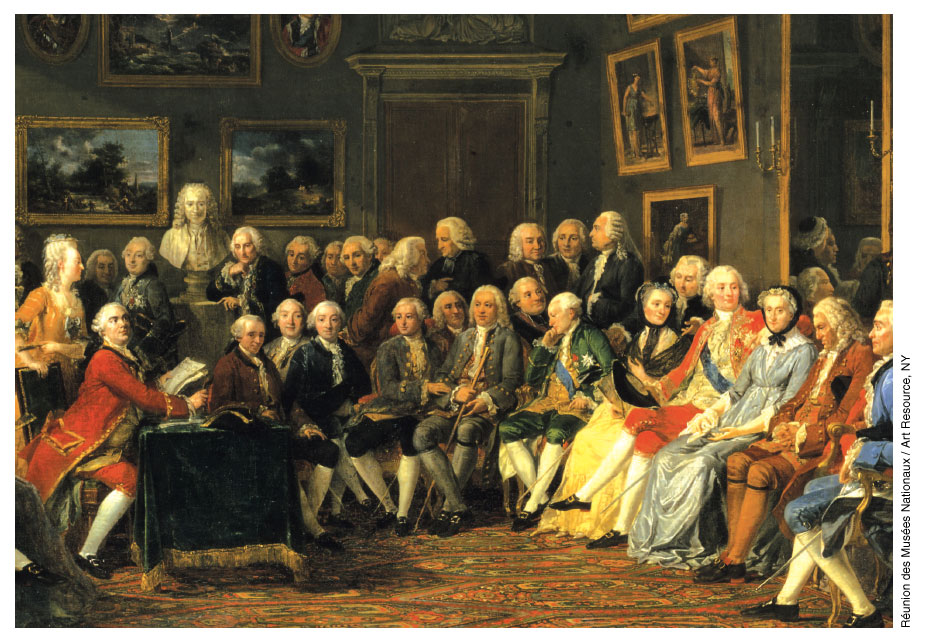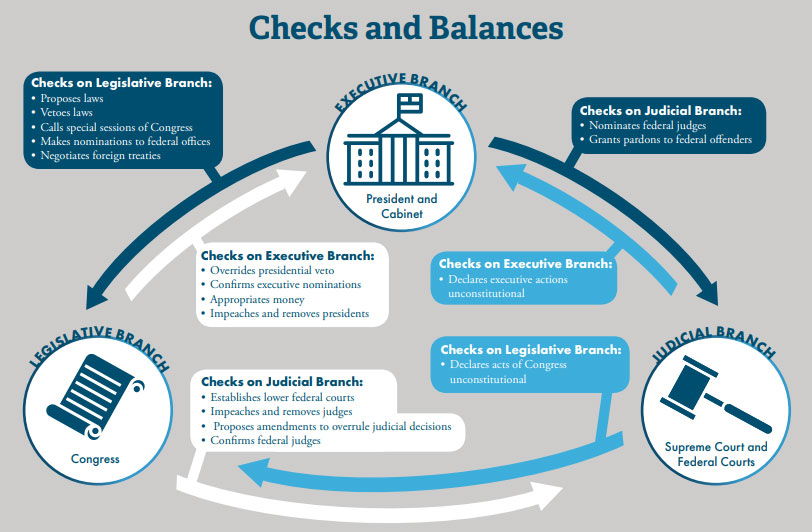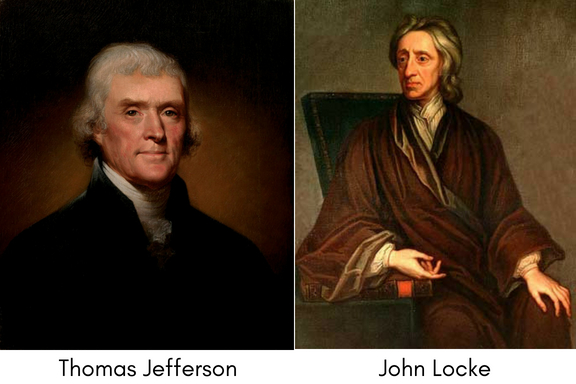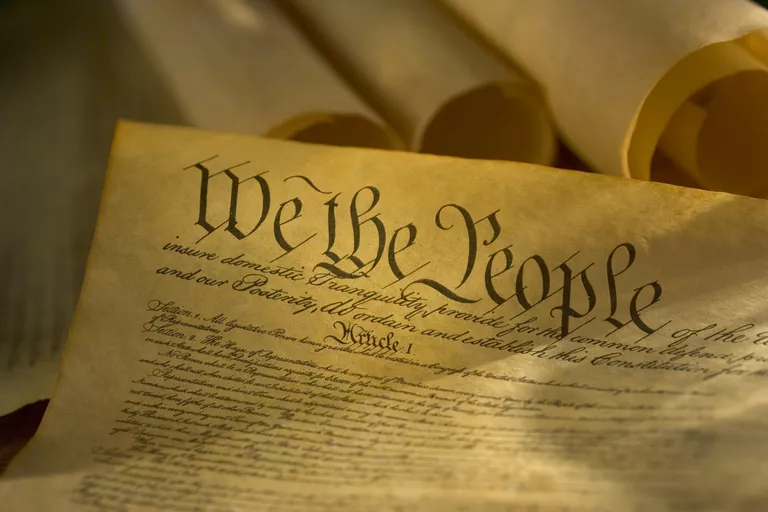How did Enlightenment thinking affect the American Revolution?
2 min read•july 11, 2024
AP US History 🇺🇸
454 resourcesSee Units
🇺🇸 Ready for a revolutionary way to prepare for your AP exams? You're in the right place! And make sure to check out Fiveable's Full Online AP US History Course for more help!
Before we deep dive into how Enlightenment thinking affected the American Revolution, we should establish exactly what it was.
What was the Enlightenment? 💡
The Age of Enlightenment was a period of time during the 18th century (1700s) in Europe where political, scientific, social, and philosophical ideas flourished and underwent radical change.
Enlightenment thinkers questioned traditional hierarchical structures and authority; they argued that humans could develop society through rational thinking.
Want to learn more? Check out this 🎥 video on the Enlightenment and Scientific Revolution for more info!

Separation of Powers ⚖️
French philosopher Charles Secondat, Baron de Montesquieu stated that governmental power should be distributed in a way that would prevent the tyranny of one branch of government. He believed that independent legislative, judicial, and executive branches would keep each other in check and balance each others' powers (*cough* think about our checks and balances *cough*).
He's the reason why the American government is composed of 3 independent branches: Congress (legislative), the Presidency (executive), and Supreme Court and lower courts (judicial).
The branches can check each others' actions. For example, the president can veto a law passed by Congress.

Consent of the Governed (and life, liberty, and property) 🦅
Philosopher John Locke argued that a government's power and legitimacy was based in the support that the people gave it. He also stated that a government's role was to protect the rights of the people (or their lives, liberties, and property).
Thus, if a majority of the people didn't view a government as legitimate and consent to its rule or if the government failed to protect the people's rights, then the citizens could (and should) overthrow it.

Social Contract 📜
Jean-Jacques Rousseau explained that a government and its people would be part of a "social contract". This meant that the citizens would agree to give up some of their rights and obey the authority of the government. For example, citizens could be prosecuted by the government if they committed a crime.
In exchange, the government would be responsible for protecting the people's rights, like their freedom to speak freely, and maintaining political order.
The people, however, would be the main source of political power through popular sovereignty. Therefore, they could influence their governments actions by participating in elections (or, occasionally, throwing a coup 🙈 ).

The American government revolutionized (haha, get it? because of the revolution) the relationship that a government had with its people, and many of democratic ideals were inspired by Enlightenment era thinkers!
If you want some more review check out this introduction 🎥 video on the American Revolution, as well as one on the 🎥 key documents and foundations of the American Revolution to help prepare you for your exam!
Browse Study Guides By Unit
🌽Unit 1 – Interactions North America, 1491-1607
🦃Unit 2 – Colonial Society, 1607-1754
🔫Unit 3 – Conflict & American Independence, 1754-1800
🐎Unit 4 – American Expansion, 1800-1848
💣Unit 5 – Civil War & Reconstruction, 1848-1877
🚂Unit 6 – Industrialization & the Gilded Age, 1865-1898
🌎Unit 7 – Conflict in the Early 20th Century, 1890-1945
🥶Unit 8 – The Postwar Period & Cold War, 1945-1980
📲Unit 9 – Entering Into the 21st Century, 1980-Present
📚Study Tools
🤔Exam Skills
👉🏼Subject Guides
📚AMSCO Notes

Fiveable
Resources
© 2025 Fiveable Inc. All rights reserved.